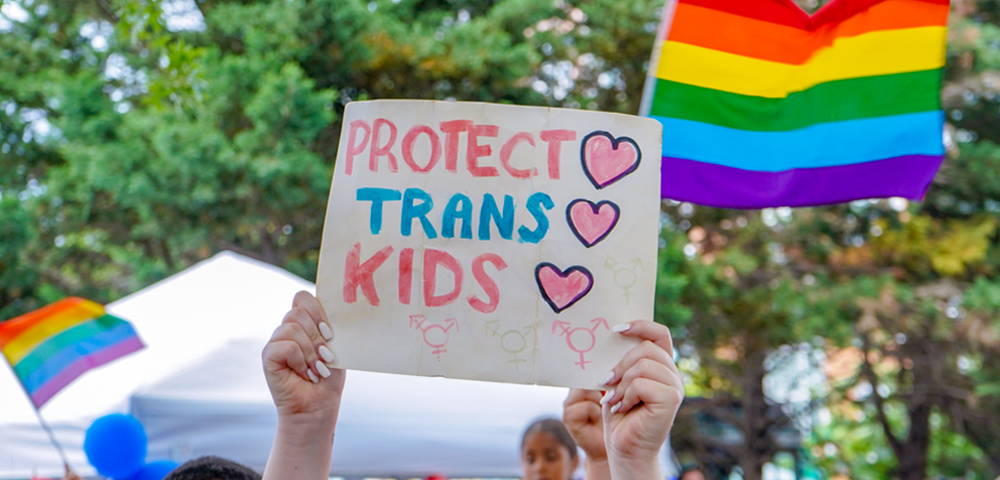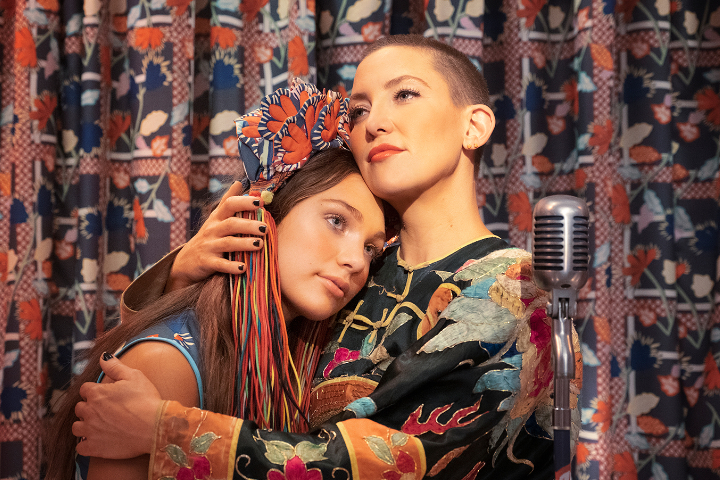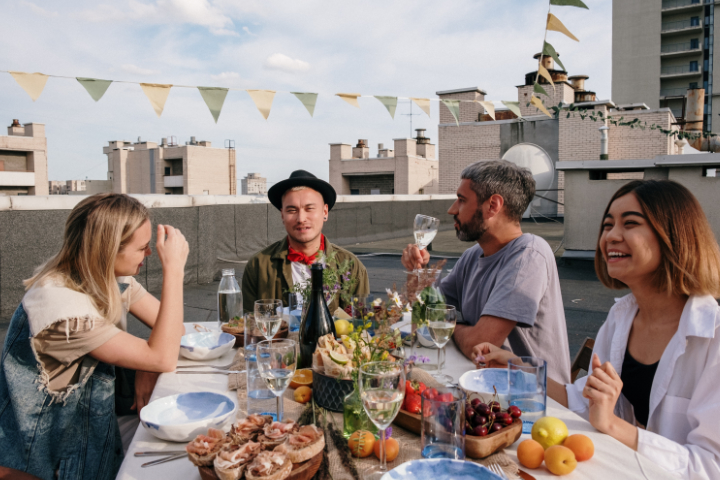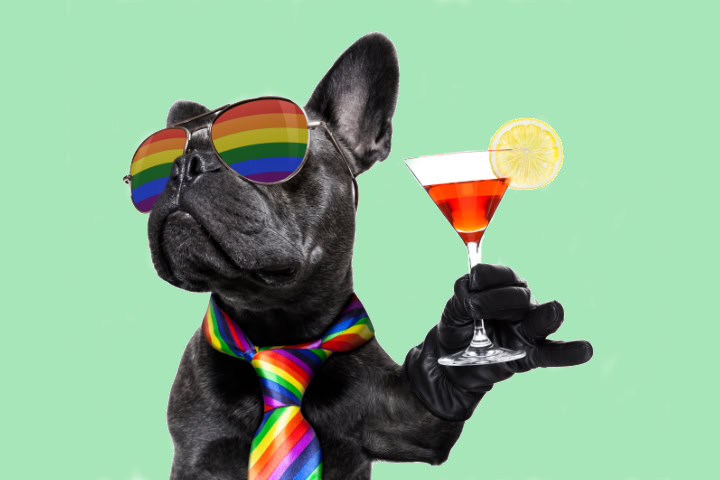
Living in hiding in Iran
In September 2007 Iran’s President Mahmoud Ahmadinejad gave a speech at New York’s Columbia University. Following the address a student asked him about the situation for gay people in Iran.
In our country we don’t have homosexuals like in your country. This does not exist in our country. I don’t know who has told you this, Ahmadinejad replied.
Tehran-raised Nima (name substituted), 30, says this response was politically astute.
I think this was a political answer because if he had alluded to the existence of gay people then many more questions would have followed such as, -˜What are you doing with them?’ These questions would cause problems for his leadership, Nima said.
Ultimately Ahmadinejad doesn’t want to accept homosexuality.
Through a quirk in Iranian policy, the Government recognises homosexuality indirectly.
If you’re gay you can seek exemption from compulsory military training. You go to the doctor and he does some tests, such as looking at certain shapes to judge your response. Once the doctor is convinced of your sexuality, he then testifies in a court and an exemption card is issued, Nima said.
You don’t have any subsequent problems with the authorities just by saying you’re gay. The problems
arise if you have anal sex, if you lead a gay sex life.
In July 2005 two teenagers were hanged in Mashad. The Iranian authorities claimed they had raped another boy -” international lobby groups thought otherwise.
We have an Islamic Government which follows the Islamic rules. Homosexual acts are punished with the death penalty. The Government is struggling to uphold these rules. If they kill and bash gays, they will have trouble with Western countries, so they fabricate other misdemeanours to justify the penalty, Nima said.
Furthermore, to save face, Nima believes the Government supports the Basiji, a staunchly religious voluntary paramilitary group who are not the official police but often enforce the rules of Islam. This was the case when over 80 people were beaten and arrested at a private party in Esfahan in May 2007.
The rules, which became stricter after the 1979 revolution and then again when Ahmadinejad took power in 2005 are not just for gays. It’s prohibited to wear -˜fashionable’ Western clothes. There are lots of police in the streets controlling everyone. They would arrest ladies who aren’t covered. They scare people, to show their power, Nima said.
We live our lives being hidden: gays live in hiding, people listen to music and drink in hiding. People learn how to cheat the Government. The Government can’t control everything.
Nima arrived in Sydney four months ago and is looking for work as an engineer.
As a homosexual, it was easy for me to live in Iran now because no one expects me to get married. But if I was 40, people start pointing at me. Iran is getting worse and I’m not safe there. They haven’t arrested me yet because I rarely go to parties, but they may arrest me tomorrow, he said.
We don’t have human rights in Iran, they just have Islamic rights. I am sad leaving Iran but I wanted to live in a safe country where I can be myself.









